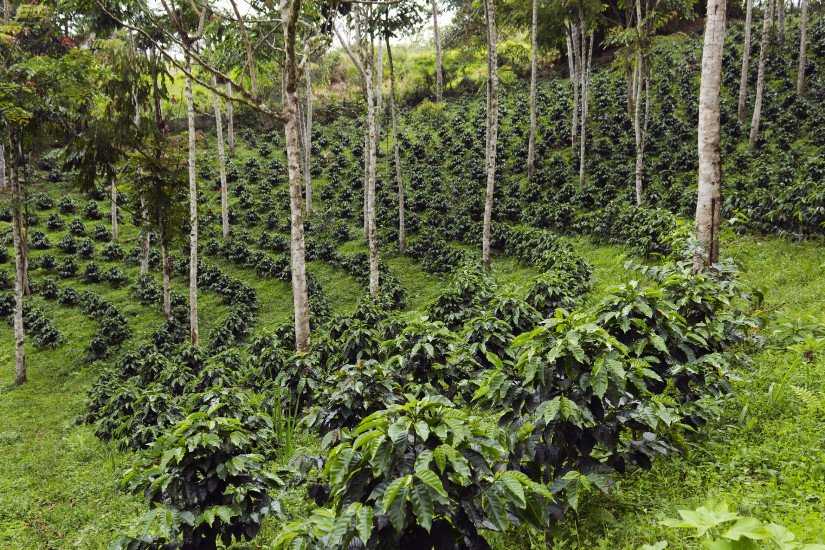ZURICH, Switzerland – A long-term study by the Swiss Research Institute of Organic Agriculture (FiBL) in Kenya has shown clearly that organic agriculture not only generates comparable yields, but produces more income for farmers than conventional methods.
The 10-year study in Thika and Chuka was conducted with local partners since 2007. It contradicts the myth that organic needs more space to achieve similar yields.
With input costs lower for organic agriculture and higher prices on the markets, incomes for organic farmers start to be higher after five years and reach a 63% higher benefit in the sixth year.
Another important factor determined by the study is the better soil fertility in organic farming.
In addition, the absence of chemical inputs in organic farming systems have beneficial effects on ecosystems as well as on the health of people since there are no harmful chemical residues.
Parallel studies in India on the production of cotton and Bolivia on the production of coffee showed similarly positive results for the organic approach.
The long-term Farming Systems Comparison in the Tropics (SysCom) is aimed at providing scientific evidence on the benefits and drawbacks of organic versus conventional farming systems.
The objective is to support the development of policies and strategies that foster the adoption of sustainable land use practices at a local, regional and international level.
The study shows clearly that the organic approach is a viable strategy in the tropics, with knowledge dissemination and training in organic farming being one of the crucial challenges.
Knowledge dissemination has been the main thrust of the efforts of Biovision Foundation in supporting smallholders in East Africa to improve their livelihood.
Biovision Foundation is supporting the long-term study in Kenya financially, together with the Swiss Agency for Development and Cooperation, the Liechtenstein Development Service and the Swiss supermarket chain Coop.
In addition to the long-term research, which will continue at least up to 2019, the approach of participatory on-farm research is used to develop and promote locally adapted agricultural practices for sustainable farming.
Together with local farmers and other stakeholders, different field trials are implemented to test and analyse different innovative practices on-farm and on-station.
For additional information, downloadable graphs and pictures, please go to:
http://www.systems-comparison.fibl.org


















